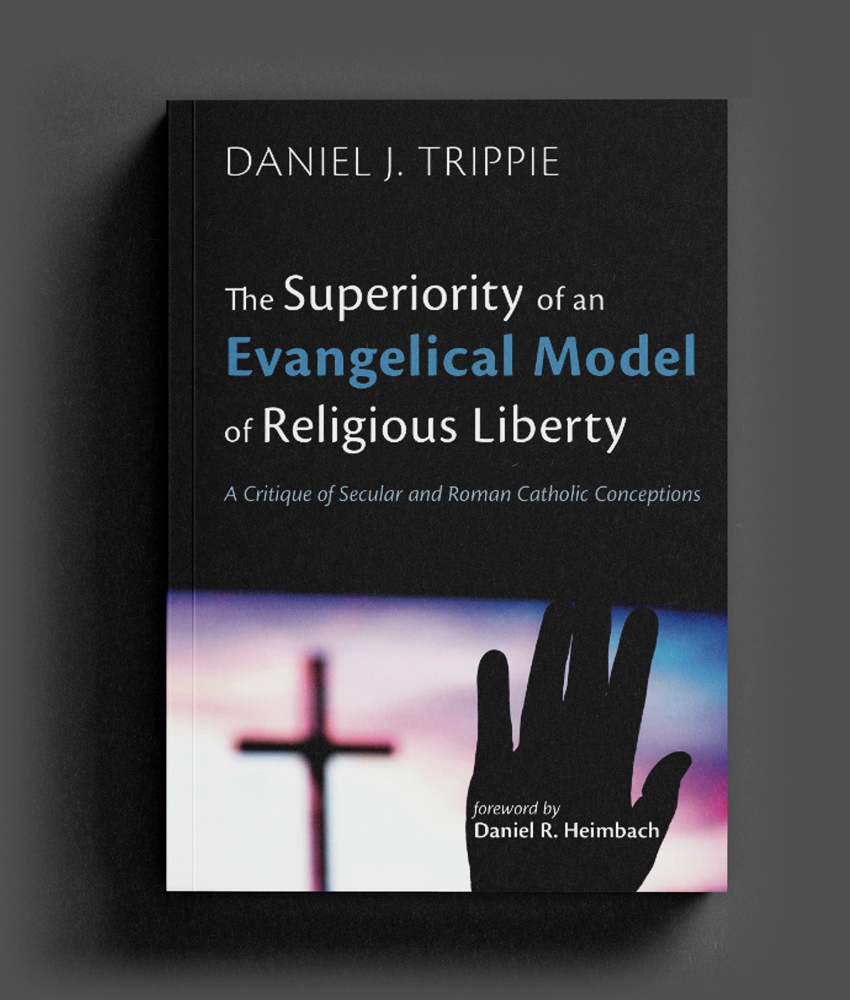Recently, a local municipality banned dogs from all public events and festivals.[1] The city cited numerous complaints from small businesses that dog owners repeatedly allowed their pets to urinate and defecate on vending stands. City officials argued that the lack of canine supervision created a public health hazard and disrespected the private property of business owners. Therefore, the only responsible solution was for lawmakers to pass an ordinance to correct the problem.
One might say, “This is stupid; do we really need a law for what seems to be common sense? — Just keep an eye on your dog!” It would seem that a law such as this does not need to consume our energy (unless of course, you are the one who steps in a pile of Fido’s excrement). One would think that respecting the property of others is simply a matter of courtesy— not legislation. But it appears respect for one another is not as common as it used to be. Consequently, the dog bans and other silly laws are just symptoms of a much larger problem in our society.
Laws are established where common values fall short. When a community shares the same values, there is no need for ridiculous laws to enforce what is considered commonplace. Nevertheless, we are rapidly becoming a nation with few common values, and when this happens, someone or something will enforce a system of values.
Moreover, many of the institutions that help foster common values are rapidly eroding. Political institutions no longer hold the trust of the people. Religious institutions have been weakened by secular drift, theological confusion, and moral crisis. And the primary institution created to nurture common values, the family, is fragmented and fractured.
Family is the primary institution where community values are taught and practiced. Family is where we learn not to hit others, we learn not to take what is not ours, and we learn not to lie. Moreover, the family is where we learn how to interact with common courtesy and respect. Family is where we learn to respect others as creatures made in the image of God. Consequently, when families become distorted, fractured, or completely break apart, there will be significant social ramifications.
Every few years, at election time, we hear a call for family values. Unfortunately, the term “Family Values” is now filtered through the ears of the culture wars. Culture War was a term first used by American sociologist James Davis Hunter as he described the clash of values between progressives and conservatives. In the ’80s and ’90s, political alliances were formed in response to disagreements between progressives and conservatives. The culture wars brought diverse groups of people together on both the political left and the right. For example, Mormons, Roman Catholics, Libertarians, and Evangelicals have vastly different theologies but hold similar moral values. Subsequently, while political rivals debated the particular values that families should adopt, and which political party best represented those values, the institution of family itself was eroding. Consequently, today we live in a society that is increasingly fragmented, and the idea of family values has been reduced to merely political rhetoric.
The idea of family values became overly politicized, and this politicization helped to undermine the movement. Additionally, pluralism and post-modernity have complicated the discussion of values. Today when we speak of family values the question becomes, “Whose family and what values?” But these questions serve to reveal the precarious place we find ourselves in as a nation. The fact that we cannot agree upon even a simple set of shared values leaves us vulnerable to demagogues and worse.
The idea of a socialist state is causing much fear in our nation today. Some fear it will come from far-left progressives who embrace collectivism at the expense of the individual. And still, others fear that totalitarianism will arise from seeds of nationalism found within the non-religious right. However, what we seem to miss is that totalitarian and socialist regimes are given life when societies cannot form around common values and ideals. If a community loses the ability to share a sense of shared “oughtness,” someone or something will step in and fill the void.
The break down of family values has caused many painful aftershocks. And one of its most seismic tremors is an increasing move toward a “nanny state.” When individuals do not learn and practice common values in the home, there is a gap in society— a gap that is quickly filled by the State. If individuals do not learn how to practice respect, courtesy, and self-restraint in the home, then the State will step in to enforce values that keep civil order. If pet owners let their dogs mess on private property, then local government will step in and pass a law. If lying becomes the vernacular of a culture, then the State will be forced to define and enforce a standard of truth. When the family is no longer strong enough to instill strong social values, the soil is ripe for another form of government. A government which will be very different from the one Americans have known.
There is a lot of fear about the direction of our nation. Some political theorists posit that by the end of this generation, our country will be radically transformed. Moreover, many people feel as though there is nothing they can do to stave off the encroachments of an expanding state. But, as former speaker of the House Tip O’Neill once said, “All politics is local,” and what is more local than the family?
If we want to end our progress toward a nanny state, then we must first start at home. We must recognize the broader implications for society when we have healthy, strong families. And we must strive to support the institution of the family because it is the primary vehicle where values are formed. If we are going to remain a self-governed nation, then we must strive to find some semblance of common value. If not, we are headed for the dogs.









